Date: 23 June 2014
High5 is the product of an industrial partnership between SITA, the European leader in waste recovery, and Sibelco, world leader in the supply of minerals to the glass industry.
The High5 plant can recycle 250,000 tonnes of glass per year, and is the first plant in the world to separate the incoming flows into 4 different grades. An initial manual sort, which separates the glass from other waste (such as metallic foils, plastic, etc.), is followed by the more traditional stages of extracting and removing the ferrous and non-ferrous metals from within the raw glass by “air-scouring” and “suction”, but the technological innovation comes to light in the final processing stage.
This involves passing the coloured raw glass through a bank of latest-generation optical sorters. The flow is sorted into four colours: white, green, amber and russet. The machines can also purify and extract residual crystal, porcelain and ceramics, which are detrimental to reusing the glass as a raw material.
The unique quality of the cullet produced by High5 means that the plant’s glass-maker customers will increase considerably the proportion of recycled glass used in their own production, thus preserving natural mineral resources. This switch will also save energy and limit greenhouse gas emissions.
The size of this facility, as well as the fact that is accessible by sea and above all, the quality of the products it produces, all combine to make this plant unique in Europe. It provides a perfect response to the increasingly specific needs of the glass industry.
Christophe Cros, Deputy Chief Executive Officer of SUEZ ENVIRONNEMENT in charge of Waste Europe, explains: “We are proud to unveil this ultra-modern facility for glass recovery, which is the first of its kind in Europe. This sorting centre is an example of one of the main challenges of the circular economy: the recovery of waste and the production of secondary raw materials.”
SUEZ ENVIRONNEMENT is continuing to develop its waste recovery activities, one of its 4 strategic priorities, and is consolidating its position as an industry leader in Belgium. As a result of its industrial partnership with Sibelco Green Solutions, SITA is active in the recycled glass sector in this country with 2 plants; High5 in the port of Antwerp and Minérale in Charleroi, and processes 370,000 tonnes of glass annually.
Visuals are available on the following dedicated press website: http://www.suezenvironnementmedia.com
For more information on all of the Group's activities, go to the “storytelling” press packs on the website: http://www.suezenvironnement-media.com
.jpg)
General view, High5 site © Wim Van Eesbeek
.jpg)
Glass bottles before recycling © Wim Van Eesbeek
.jpg)
Sorting line, High5 © Wim Van Eesbeek
.jpg)
Optical sorting system, High5 © Wim Van Eesbeek
The four colours of recycled glass: white, green, amber and russet © Wim Van Eesbeek
SUEZ ENVIRONNEMENT press contact:
Isabelle Herrier Naufle
Tel: +33 1 58 81 55 62
isabelle.naufle@suez-env.com
suez_env.pressoffice@suez-env.com
ABOUT SITA IN BELGIUM
SITA, a SUEZ ENVIRONNEMENT subsidiary, is France’s leading provider of waste management and recovery solutions, and is an expert throughout the entire waste cycle. SITA employs 2,000 people in Belgium and generates total revenues of €457 million. SITA has 51 sites across Belgium. In 2013, SITA treated nearly 3 million tonnes of waste, more than 86% of which was recycled, composted or converted into energy.
ABOUT SUEZ ENVIRONNEMENT
Natural resources are finite. Each day, SUEZ ENVIRONNEMENT (Paris: SEV, Brussels: SEVB) and its subsidiaries deal with the challenge of protecting resources by providing innovative solutions to millions of people and the industrial sector. SUEZ Environnement supplies drinking water to 96.6 million people, provides waste water treatment services for 66.3 million people and collects the waste produced by 50 million people. SUEZ ENVIRONNEMENT has 79,550 employees and, with its presence on five continents, is a world leader exclusively dedicated to water distribution and management. SUEZ ENVIRONNEMENT generated total revenues of €15.1 billion in 2012.
ABOUT SIBELCO
Sibelco is a world leader in a range of industrial minerals having global activities in the mining, refining and distribution of high quality products for increasingly sophisticated applications ranging from construction, automotive, electronics, energy, chemical, glass, ceramics and many others. With 209 operations in 42 countries and a work force of about 11,000, it serves its customers on a local basis and realises a worldwide gross revenue of €3 billion.

.jpg)
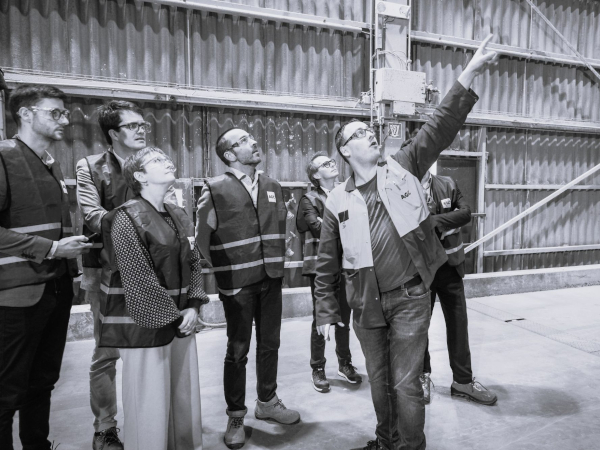
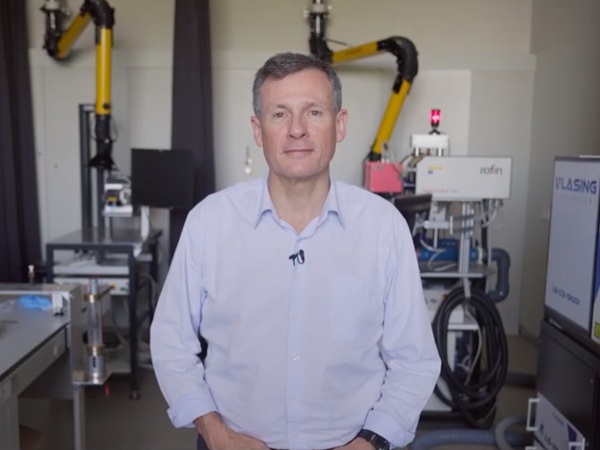
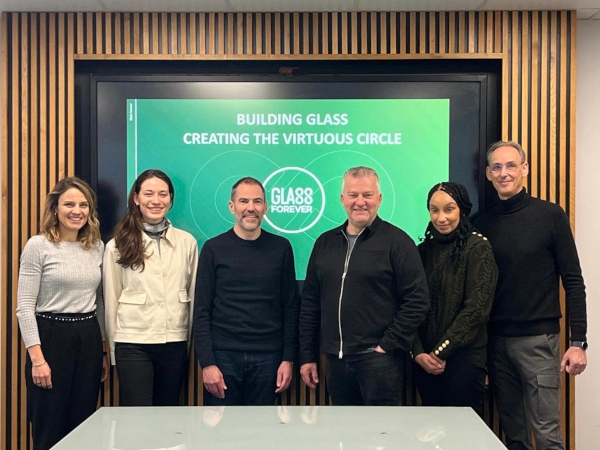
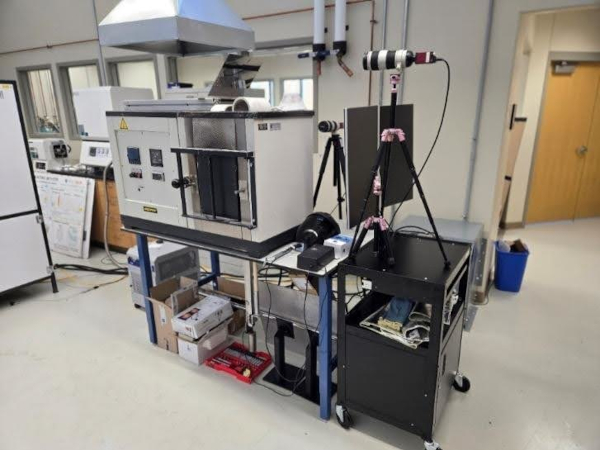
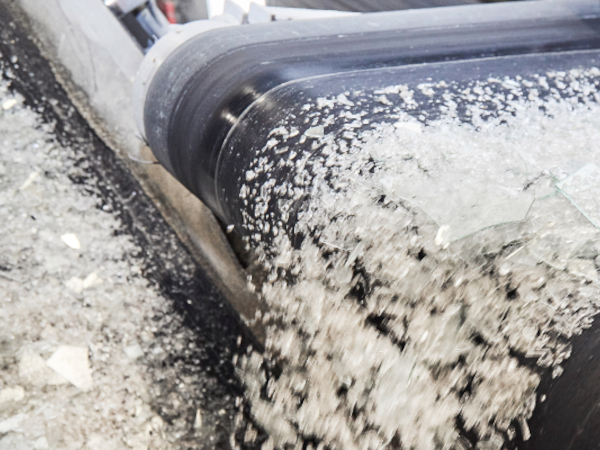
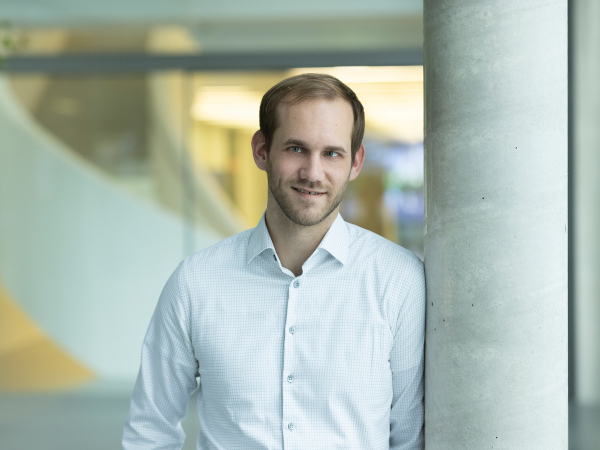
Add new comment